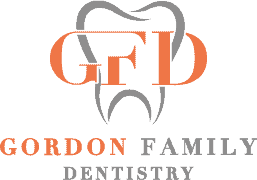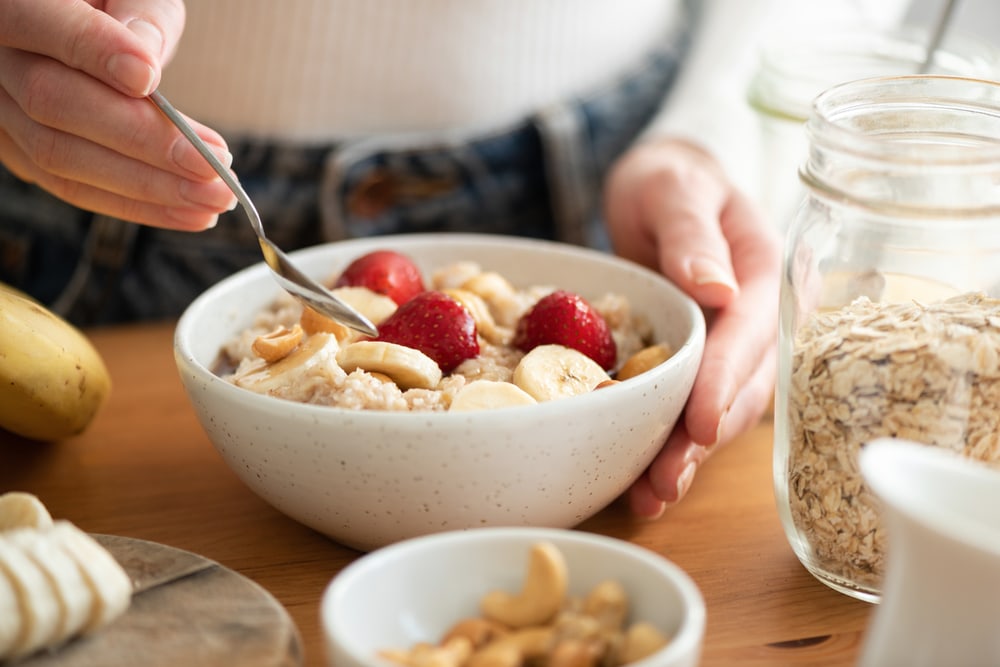The phrase ‘you are what you eat’ has never been truer than when it comes to recovering from tooth extraction. Nutrition plays a major role in the healing process; it is important to be aware of what to eat and avoid during this time.
This article will provide an overview of optimal nutrition after a tooth extraction, focusing on the foods to eat, foods to avoid, nutritional benefits, and the role of vitamins and minerals in aiding recovery.
Foods to Eat After Tooth Extraction
Nutritional intake is an important factor to consider in the recovery process following a tooth extraction. Certain foods should be consumed to support the healing process. Soft foods that are easy to chew and swallow, such as mashed potatoes, noodles, oatmeal, and applesauce, are recommended. These foods provide a source of protein and nutrients needed for the body to heal quickly.
It is also important to avoid foods that may disrupt the formation of blood clots and interfere with the healing process. This includes crunchy or chewy foods, spicy foods, and acidic foods like citrus fruits or tomato sauce. Foods that may cause dry socket complications, such as popcorn or nuts, should also be avoided.
Additionally, after wisdom teeth extractions, it is advised to avoid ice cream, as the cold temperature may interfere with the healing process. Solid foods should be avoided at first and gradually reintroduced as the healing process progresses.
Foods to Avoid After Tooth Extraction
Certain foods should be avoided following a tooth extraction procedure to reduce the risk of infection and promote healing. Avoiding certain foods can also prevent additional damage to the surgical site. To ensure proper healing, it is important to avoid:
- Spicy, hot, and cold foods
- Chewy, crunchy, and harder foods
- Foods that require a lot of chewing
When undergoing tooth extraction surgery, choosing foods that will not disrupt the healing process is important. To ensure a successful recovery, consuming liquid foods such as soup, smoothies, and mashed potatoes for the first few days after the dental procedure is best. Additionally, patients should avoid using straws as the sucking motion can cause the clot to become dislodged.
Generally, it is important to avoid foods that may irritate the surgical site and impede the healing process. Eating the right foods after tooth extraction can help patients recover more quickly and reduce the risk of infection. By following these dietary guidelines, patients can ensure their successful recovery from a tooth extraction procedure.
Nutritional Benefits of Eating Soft Foods
Consuming soft foods can provide a variety of nutritional benefits. Soft foods are easy to chew and swallow without causing discomfort, making them ideal for those recovering from a tooth extraction.
Soft foods are typically nutrient-rich and can provide essential vitamins and minerals. For example, cottage cheese is a good source of protein, while Greek yogurt is an excellent source of calcium. Pieces of fruit and vegetables can also provide vital nutrients such as vitamins, minerals, and antioxidants. Crumbly foods like protein powder are also a great way to get essential proteins and vitamins.
Plain yogurt can be a great source of probiotics, while soft cheeses can also be a good source of calcium. Soft fruits such as bananas, applesauce, and peaches can also provide essential nutrients. Additionally, soft drinks like juice and smoothies can provide a variety of vitamins and minerals.
Overall, soft foods can provide a variety of needed nutrients for those recovering from a tooth extraction.
The Role of Vitamin and Mineral Supplements
Vitamin and mineral supplements can play an important role in helping to meet dietary nutrient needs in the aftermath of dental surgeries, such as wisdom tooth removal or dental implants. This is especially important in recovery, as the body requires additional nutrients to heal and restore itself.
The following are a few suggestions of supplements that may be beneficial when recovering from dental surgery:
- Vitamin B: Vitamin B can help to promote healing and reduce inflammation. It can also help to reduce pain and swelling in the mouth.
- List of Foods: Eating a healthy breakfast and avoiding sticky foods is essential for optimal oral health. Eating foods at the perfect temperature can also help to reduce pain and discomfort.
- Mineral Supplements: Mineral supplements can help to replenish lost minerals and vitamins that were lost during tooth surgery. They can also help to promote healing and reduce inflammation.
Taking the proper vitamin and mineral supplements can help ensure that the body is getting the nutrients it needs to heal and recover properly. Proper supplements can also help promote good oral health and prevent future dental issues.
The Benefits of Drinking Plenty of Water
Drinking an adequate amount of water is essential for oral health and gum health. Following wisdom teeth removal, it is important to hydrate frequently and thoroughly. This ensures that the body and the mouth are both functioning optimally.
The oral tissues need a steady supply of water to stay healthy. Drinking plenty of water can help reduce inflammation, promote healing, and speed up recovery. Additionally, avoiding sugary and acidic beverages such as fizzy drinks and citrus fruits is beneficial.
Instead, hot beverages like vegetable soup, pureed vegetable soups, and a scoop of protein powder in a banana ice cream can help to rehydrate the mouth and nourish the body.
Benefits of Eating Healthy Fats
Incorporating healthy fats into one’s diet can provide a range of beneficial effects, particularly for people recovering from a tooth extraction procedure. Healthy fats can help regulate body temperature, providing the necessary warmth needed for healing. Additionally, eating the right kinds of fats can provide the body with energy and important nutrients, aiding in recovery.
Some food options that may be beneficial for someone recovering from a tooth extraction include:
- Pumpkin Soup: This warm and comforting soup contains healthy fats like butter, cream, and olive oil. It also contains beneficial vitamins and minerals, such as zinc, vitamin A, and magnesium.
- Avocado: Avocados are a great source of healthy fat and can be eaten in various ways.
- Nuts and Seeds: Nuts and seeds contain healthy fats and are easy to add to any meal.
Advanced dentistry and patient-friendly care at a dental office can help ensure tooth extraction wounds are properly healed and cared for. During the healing process, avoiding foods that could irritate the extraction wound, such as hard and crunchy foods, is important. Additionally, it is important to drink plenty of fluids to help keep the mouth moist after extraction.
Common questions regarding optimal nutrition after tooth extraction should be discussed with a dentist. A trained dental professional can advise on the best foods to eat and avoid based on the individual’s needs. With the right guidance and nutrition, a patient can expect to recover properly from a tooth extraction procedure.
Tips for Reducing Swelling and Discomfort
Swollen gums and discomfort are common after a tooth extraction, but various strategies can be used to reduce this swelling and discomfort.
A couple of days after the wisdom tooth extraction, eating hot soups and drinks is beneficial to help with blood clotting and promote healing in the mouth after surgery. Additionally, consuming essential proteins and vitamins can help repair the tissue and aid recovery. Maintaining good oral hygiene is also important to avoid further infections or complications.
The dental practice may also recommend applying an ice pack to the affected area to help reduce swelling and take pain medications to manage discomfort. However, it is important to take these as prescribed and not exceed the recommended dosage. Additionally, any strenuous activity should be avoided as this can disrupt blood clotting and slow healing.
Key Takeaways
A tooth extraction can be a difficult experience, but proper nutrition can help with the healing process. Eating soft foods, taking vitamin and mineral supplements, drinking plenty of water, and eating healthy fats can all be beneficial.
Research indicates a diet rich in fibre and protein may reduce swelling after tooth extraction. Eating a balanced diet and avoiding sugary or acidic foods can also help the healing process.
It is important to remember that the healing process can take several weeks, and being patient with recovery is essential. In addition, statistics show that consuming four to five servings of vegetables daily can reduce the risk of complications after tooth extraction.
Our team at Gordon Family Dentistry in Gordon, NSW, wants you to have the best healing experience possible following a tooth extraction. Nutrition plays an important role in this process, so follow a diet rich in fibre, protein, vitamins and minerals. Additionally, not consuming sugary or acidic foods, drinking plenty of water, and eating healthy fats can help the healing process. Contact our dentists in Gordon today to learn how to properly care for yourself after tooth extraction.

